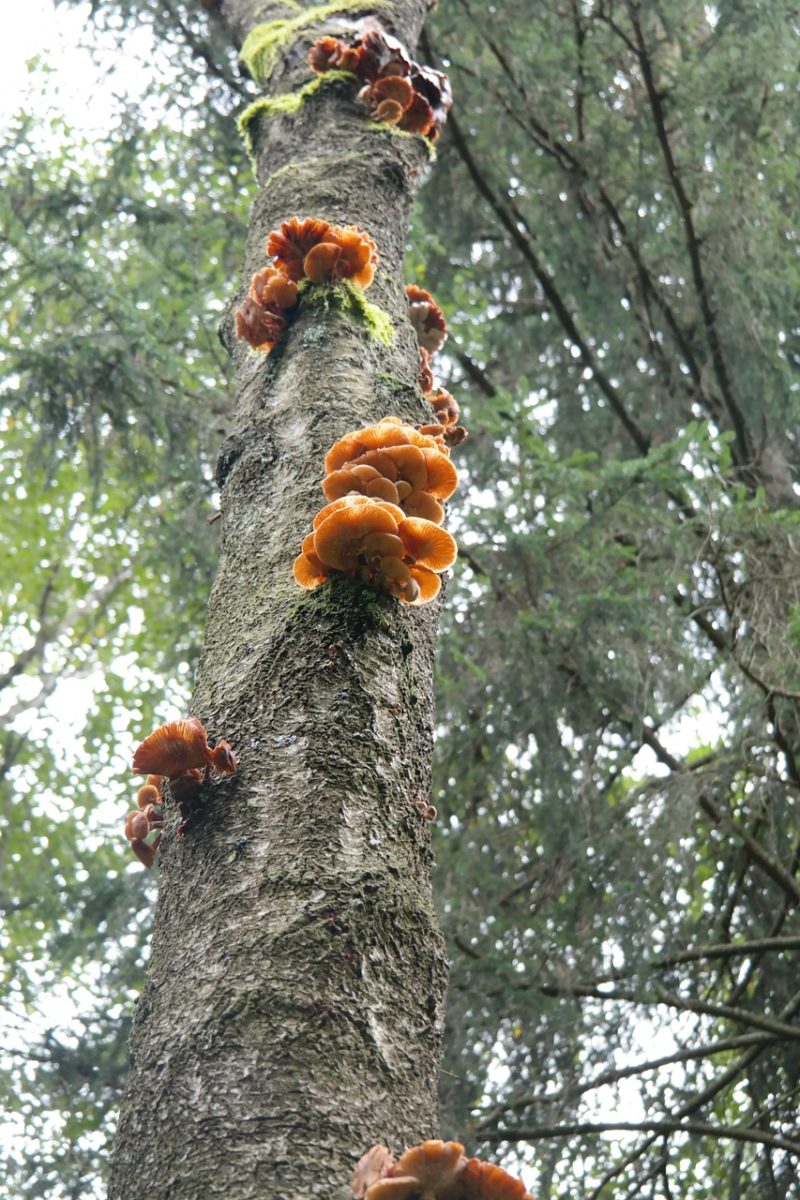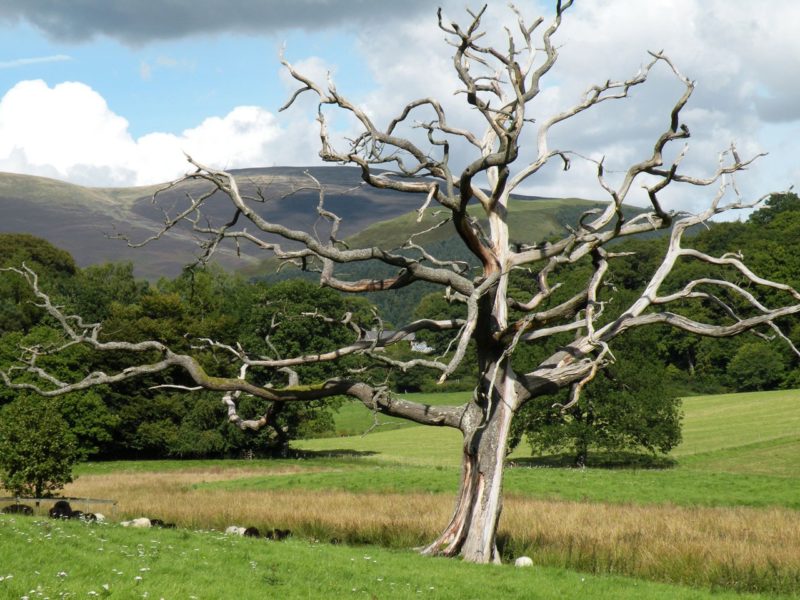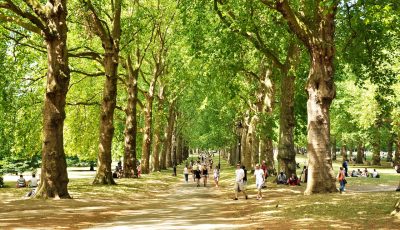How to Decide When Your Tree’s Life Cycle Has Ended and It’s Time to Plant a New One
A tree that’s planted in your yard may have reached the end of its life. By knowing how to recognize that a tree is at or near the end of its life, you’ll be able to take faster measures to have it removed and a new one planted in its place. Here are a few telltale signs that can help you decide if a tree’s lifecycle has ended and it’s time to plant a new one.
Heavy Fungal Growth
If you notice that a lot of fungus has grown on your tree, the tree might already be dead and rotting from the inside. This may be especially true if you notice shelf or bracket fungus that has grown on the tree trunk or limbs. However, heavy fungal growth doesn’t always indicate that a tree has died, and you can possibly save your tree if you take fast action to treat the disease or other problem that might be causing it.

Root Damage
Even though root damage can often be hard to determine because the roots are underground, you might be able to see the damage if the roots have been exposed from soil erosion. If you notice that the tree has started to lean, this could be another sign of root damage that indicates that the tree is in its final days. Epicormic roots, which are small branches that can sprout from the base of a tree’s trunk, also suggest root damage.

No Growth on Branches
If the tree normally grows a lot of leaves or pine needles and you’re noticing a lot of bare branches, it may be time to call in the tree removal experts. However, it’s also important to note that dead leaves can sometimes cling onto deciduous trees when they’re supposed to fall during the autumn, and this can be another indicator of a tree that’s in its twilight.

Dead or Brittle Wood
Wood that looks dead or brittle on your tree can be another troubling sign. You may notice that branches and other wood on your tree break off easily. The weakened wood can cause instability in the area where a branch connects to the trunk, which often creates unsafe conditions. There could also be a lot of peeling bark on your tree that exposes bare sections of the trunk.

These and other telltale signs of a dead or dying tree are important to recognize if you want to preserve the overall quality of your yard. Even though it may be difficult to part with a tree that has reached its end, taking measures now to have it removed and replaced can save you a lot of extra trouble.









